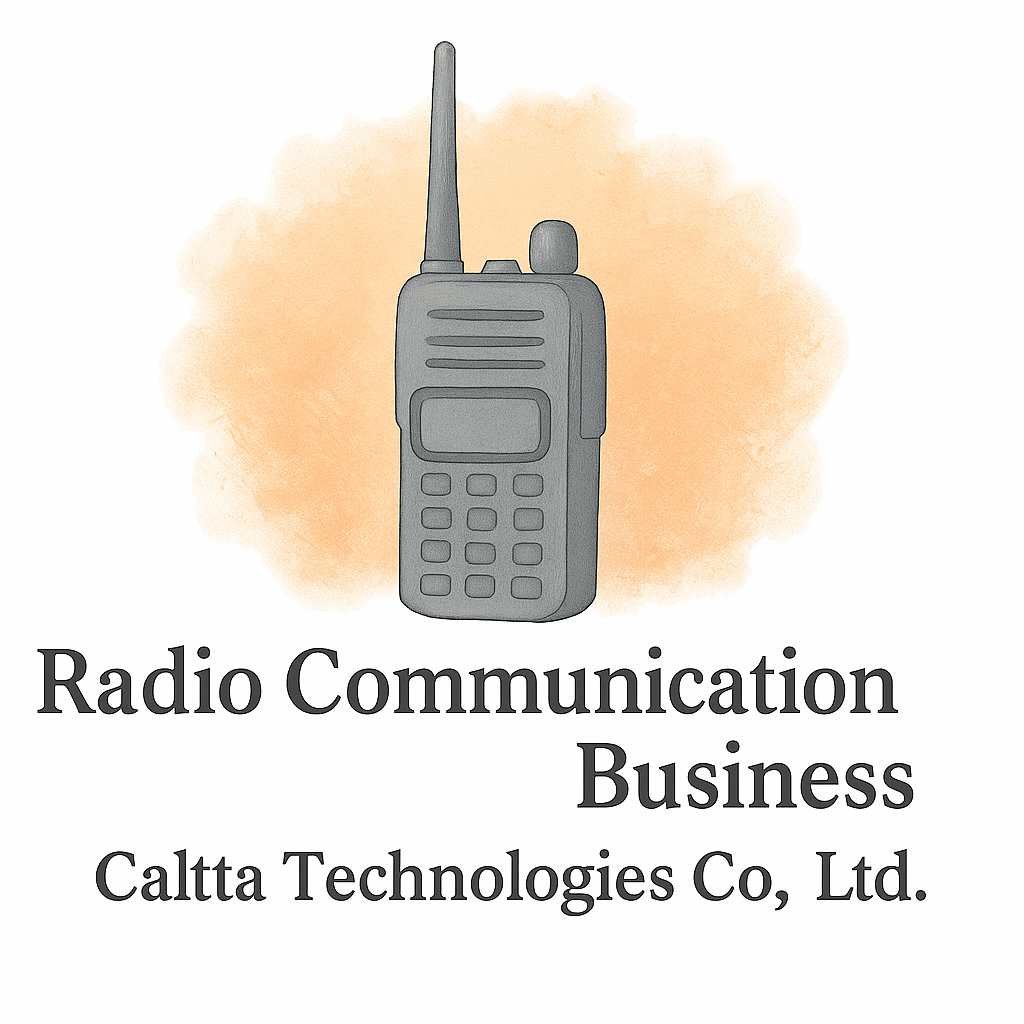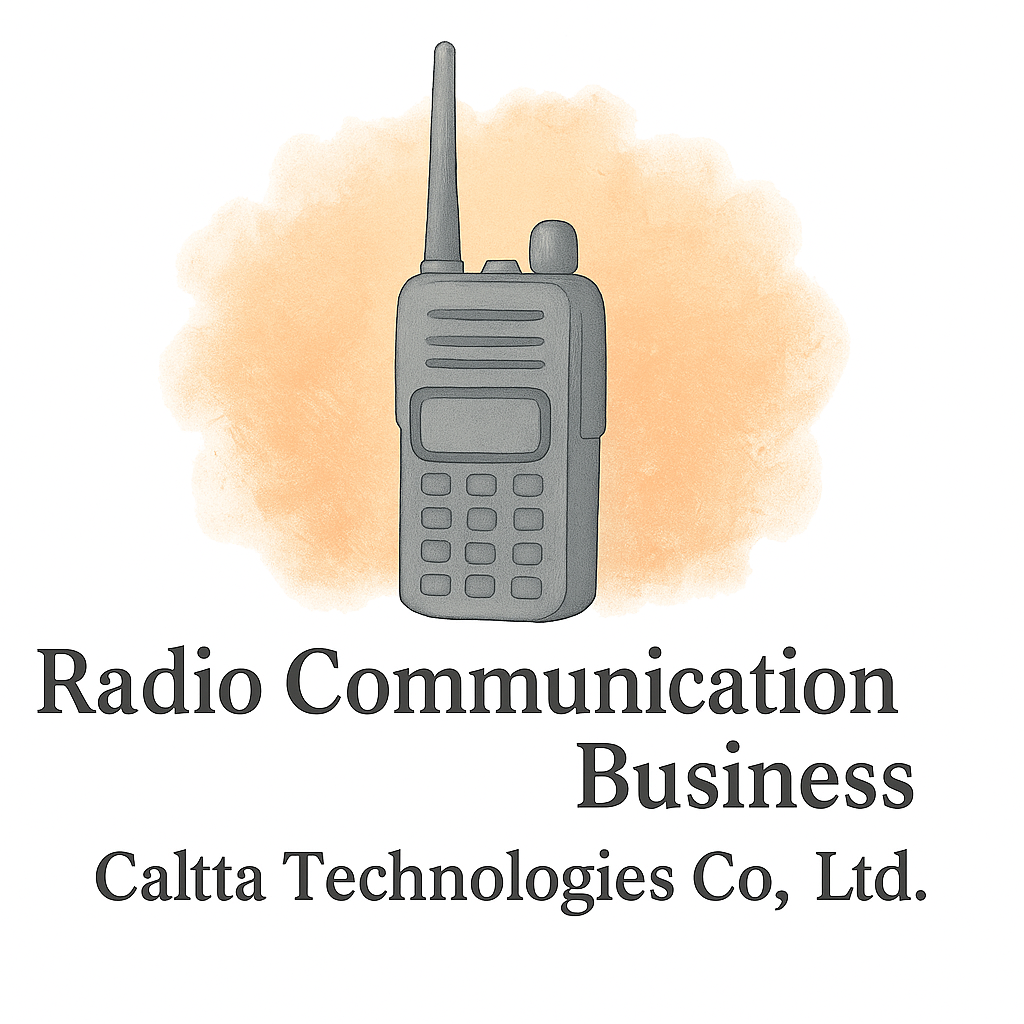Introduction
When you think about modern communication, your first thought might be smartphones. They’re everywhere, and it feels like they’ve taken over the world. But here’s a surprising twist: many government and private agencies still prefer radio communication over mobile phones. Why? The answer lies in speed, reliability, cost, and security—factors that are mission-critical in agency operations.
In this article, we’ll explore 10 reasons agencies choose radio communication over mobile, breaking down the real benefits, use cases, and why radios remain the unsung heroes of reliable communication.
What Makes Radio Communication Different from Mobile?
Before diving into the reasons, it’s important to understand what sets radio communication apart.
The Core Purpose of Radio Communication
Unlike mobile phones that rely on networks, radio devices connect directly to each other. This allows for instant, peer-to-peer communication without waiting for cell signals or internet connections.
Why Agencies Still Trust Radio Devices
Agencies—from police forces to construction teams—need communication that works every single time, no matter the environment. That’s why they lean toward two-way radios, which are built to prioritize reliability over flashy features.
Reason 1: Instant Communication Without Delays
Push-to-Talk Efficiency
With radios, you just press a button and talk. This push-to-talk (PTT) feature makes messages travel instantly. In high-pressure situations, every second counts, and radios eliminate the extra steps of dialing, ringing, and waiting.
No Dial Tones or App Dependencies
Unlike mobile phones, radios don’t depend on apps, software updates, or even cell service. That simplicity translates to fast, consistent communication anytime.
Reason 2: Reliability in Remote and Critical Areas
Coverage Beyond Cell Towers
Cell service can be patchy in rural or mountainous regions, but radios don’t have the same limitations. Agencies working in remote locations—such as search and rescue teams—benefit from this independence.
Field Operations in Challenging Environments
When cell networks fail, radios keep going. Whether it’s construction projects deep in undeveloped land or military exercises in isolated zones, radios ensure teams stay connected.
Reason 3: Secure and Encrypted Channels
Compliance with Agency Regulations
Agencies often face strict requirements for secure communication. Radios offer encrypted frequencies that help meet compliance and legal standards.
Lower Risk of Data Breaches
Unlike mobile phones, which are vulnerable to hacking, radios don’t store sensitive data or rely on internet servers. This reduces the risk of cybersecurity threats dramatically.
Reason 4: Cost-Effective Long-Term Communication
Savings on Monthly Bills
Mobile phones require contracts, data plans, and subscription renewals. Radios, on the other hand, operate with no ongoing fees beyond the initial setup and occasional maintenance.
Budget-Friendly for Large Teams
For large-scale operations—like logistics companies or event security—equipping hundreds of staff with radios is far more cost-effective than paying for individual mobile plans. Check out this guide on financial planning to see how radios fit into smart budgeting strategies.
Reason 5: Durability and Rugged Equipment
Built for Harsh Conditions
Radios are designed to withstand dust, drops, and water. In industries like construction or mining, they simply last longer than fragile smartphones. Learn more about equipment and technology designed for demanding fields.
Less Downtime from Device Failures
Because radios are built tough, agencies spend less on replacements, reducing downtime and avoiding costly equipment mistakes (link).

Reason 6: Group Communication Made Easy
Broadcasting to Teams at Once
Need to update 50 people at the same time? With radios, you just press one button and the entire group hears you. That kind of efficiency beats mobile conference calls every time.
No Need for Separate Conference Calls
Instead of scheduling group calls or video chats, radios let agencies keep communication flowing seamlessly. This is a major advantage for event management teams (link).
Reason 7: Dependable During Emergencies
Functioning When Networks Fail
During disasters, mobile networks often crash under heavy usage. Radios, however, remain reliable, making them indispensable for emergency responders.
Disaster Response Applications
From hurricanes to wildfires, radios have proven essential for coordinating large-scale relief operations where lives depend on clear communication.
Reason 8: Integration with Modern Equipment
Radio Technology and Industry Tools
Today’s radios integrate with GPS tracking, dispatch systems, and other industry insights, enhancing their value.
Hybrid Systems with Digital Platforms
Many agencies now use hybrid communication systems, combining radios with digital platforms to balance old-school reliability with modern efficiency.
Reason 9: Compliance with Industry Standards
Regulatory Approvals and Safety Measures
Radios often meet strict law and regulation requirements, making them a safer bet than mobiles for official agency use.
Meeting Communication Laws
Mobile apps and devices may not always comply with regional communication rules, while radios are designed with agency compliance in mind.
Reason 10: Simplicity and Ease of Use
Minimal Training Required
Anyone can learn to use a radio in minutes. This is a huge advantage when onboarding new staff or volunteers.
Fewer Distractions Compared to Mobile Phones
Unlike smartphones that lure people with social media apps, radios keep workers focused solely on communication, improving productivity.
Radio Communication vs. Mobile Phones: A Quick Comparison
Advantages for Government Agencies
Police, firefighters, and military units need reliability and security—two areas where radios consistently outperform mobile phones.
Practical Use Cases in Private Security
Private security firms often prefer radios for quick group updates and incident reporting without depending on unstable mobile networks.
How Businesses Can Implement Radio Communication
Choosing the Right Equipment
Businesses should assess their needs—coverage, durability, and features—before selecting radios. Explore business startup basics to learn how to integrate radios into new ventures.
Planning Budgets and Compliance
Smart budgeting helps avoid cost-saving mistakes while ensuring compliance with local communication laws.
Conclusion
While smartphones dominate everyday life, radios remain the go-to solution for agencies that demand reliability, instant communication, and cost-effectiveness. From emergency response to construction sites, radios consistently outperform mobile phones where it matters most.
If your organization values secure, durable, and efficient communication, it might be time to consider investing in radios. Visit Caltta International for insights, equipment guides, and expert advice on setting up reliable communication systems.
FAQs
1. Why do agencies prefer radio communication over mobile phones?
Because radios offer instant, reliable, and cost-effective communication without relying on cell towers or internet networks.
2. Are radios cheaper than mobile phones in the long run?
Yes, radios don’t require monthly data plans, making them more budget-friendly for large teams.
3. How secure is radio communication compared to mobile?
Radios provide encrypted channels, reducing the risk of hacking and meeting agency compliance needs.
4. Can radios work in areas with no mobile signal?
Absolutely. Radios connect directly to each other, making them ideal for remote or disaster-stricken areas.
5. Do modern radios integrate with new technology?
Yes, many radios now work with GPS, digital platforms, and dispatch systems, offering hybrid solutions.
6. Are radios suitable for small businesses too?
Definitely. Even small teams can benefit from radios, especially in industries like events, construction, or logistics.
7. Where can I learn more about radio equipment for agencies?
You can explore equipment and technology resources at Caltta International for in-depth insights.


